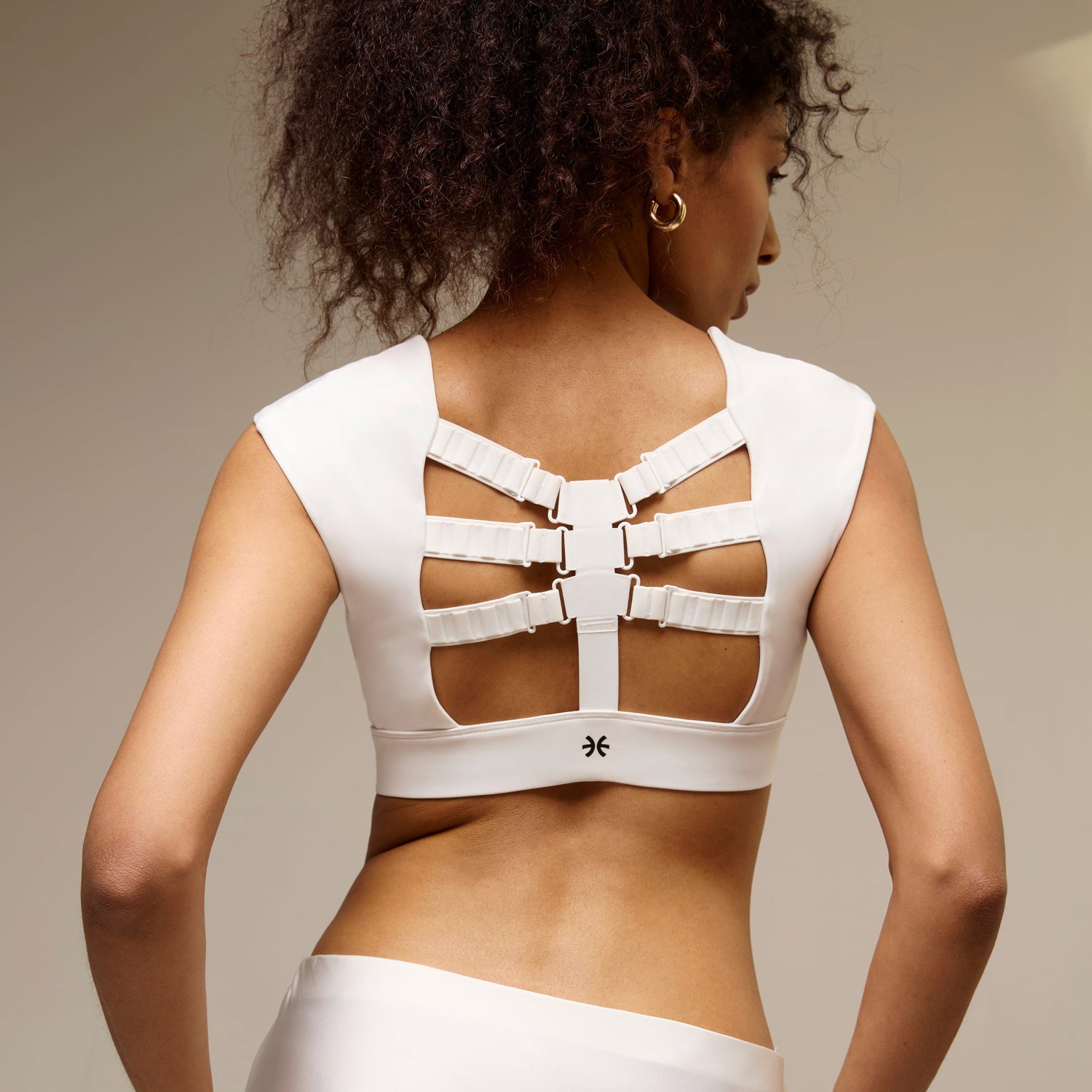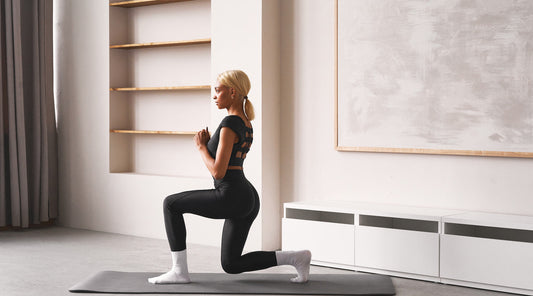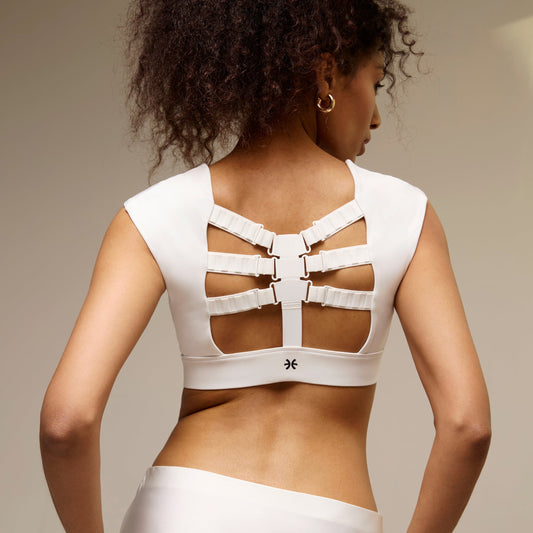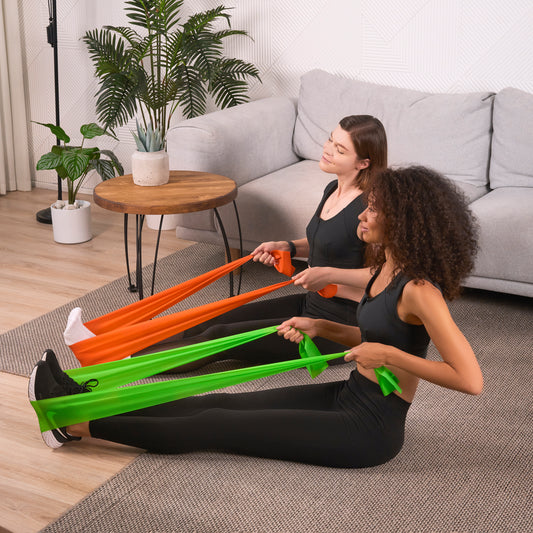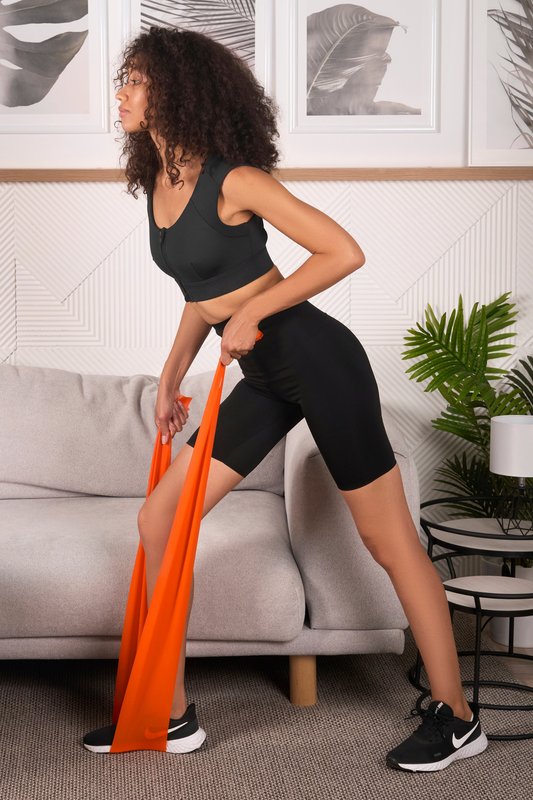We talk a lot about the body from a holistic perspective, like how one imbalance or issue can trigger another imbalance or issue that may seem completely unrelated. Take, for example, the myriad effects that posture has on our physical, mental, and emotional well-being. Research has shown that poor posture results in more than just being a (literal) pain in the neck. Too much sitting, standing, or slouching can have unexpected risks like headaches, high blood pressure, and reduced focus. Heck, poor posture can even be a hindrance to your dating life.
But have you considered the effects of how you sit (or stand) on the way you enjoy food?
The simple everyday pleasure of eating and drinking can be significantly diminished if you’re in an uncomfortable position. The poorer your posture, the less flavorful your food—and the more likely you’ll experience indigestion, too. Here’s what researchers have found when it comes to posture and your taste perception.

Posture and Taste Perception
A 2019 study in the Journal of Consumer Research found that your posture can actually impact your taste perception. Simply put: food tastes better when you’re sitting down [1]. The researchers looked at the connection between the vestibular sense—which is linked to the inner ear and is responsible for balance, posture, and spatial orientation—and the gustatory sensory system, which enables you to taste and detect flavors.
They found that the increased physical stress of standing, even for just a few minutes, dulls the taste buds. This all comes down to gravity: When standing, blood rushes to the lower part of your body, making the heart work harder to pump blood back up the body. This accelerates your heart rate and activates the hypothalamic-pituitary adrenal (HPA) axis, which releases the stress hormone cortisol. With all this hard work happening in your body, the sensitivity of your senses reduces. This ultimately impacts how you perceive the taste and temperature of food and drinks.
Essentially, discomfort in the body takes away from the pleasure you experience on the palate.
This conclusion came from a variety of tests throughout the study. First, the 350 participants rated the tastiness of a pita chip. Those who were standing rated it lower than those seated in a padded chair. The same results were found with brownies. However, something interesting happened when the baker added more salt to the brownies. Participants standing up rated the saltier brownies higher. This led the researchers to believe that the extra physical stress of standing caused a reduction in their taste perception (i.e. they didn’t notice the oversaltiness). To validate this finding further, they gave all participants a shopping bag to hold while trying fruit snacks. Both those sitting and standing reported that the extra baggage made the snacks taste worse.
Beyond flavor, posture also impacted the participants’ perception of temperature. Those standing up reported the heat of the coffee to be less intense than those sitting down. They also drank less coffee, suggesting that increased physical stress decreases the desire to eat or drink more.
Another study found similar results, with one twist: When relaxing ambient music was played, posture had less of an effect on taste perception [2]. So, what does this all mean? That comfort is a vital component to appreciating your food. And comfort starts with not only sitting down, but sitting down with good posture—which also comes into play post-meal.

Posture and Digestion
The entirety of enjoying a meal, from the immediate gratification on the tongue to the full digestive process, can be highly impacted by your posture. If you’re slouching while or after eating, you may be spending the rest of the day or night with acid reflux and heartburn. The more you lean forward, the more you constrict the vital organs of the gastrointestinal tract. Putting pressure on the abdomen causes stomach acid to flow back up and cause that uncomfortable burning sensation in the chest [3].
In general, poor posture slows down digestion and also hampers nerves in the back that help allow for proper functioning in the stomach and lower intestines. Over time, poor posture can have a serious impact on your gut health.

Posture and the Art of a Good Meal
Simple pleasures, like appreciating a good meal, are key to living a happier, more fulfilled life. And, yes, there’s scientific evidence for that, too. One study from the University of Chicago found that simple pleasures can help people better deal with stress and face challenges [4].
If there’s one thing you can control, it’s how much care you put into those simple pleasures. If you’re standing, slouching, or slumping while eating, there’s a good chance your food will not be nearly as satisfying. You may also end up struggling to even digest it. These are just a few more undeniable reasons to keep working on that posture!
If you need a little extra help, a good quality back support bra can promote better alignment, postural awareness, and muscle memory over time. It’s comfortable, too. Try wearing it during your next special meal and don’t forget to savor every last bite.
Sources
- Extending the Boundaries of Sensory Marketing and Examining the Sixth Sensory System: Effects of Vestibular Sensations for Sitting versus Standing Postures on Food Taste Perception
- The Influence of Posture on Taste: An Abstract
- Your heartburn isn’t just from your food. It’s from your posture.
- Simple Pleasures, Small Annoyances, and Goal Progress in Daily Life
Photo by Rodrigo Rodrigues | WOLF Λ R T on Unsplash
FAQs
Can my posture really affect how food tastes?
Why does food taste different when I’m standing versus sitting?
Does posture impact digestion as well as taste?
Can standing while eating ever change how I perceive food?
Are there ways to enhance food enjoyment beyond good posture?
What’s the best posture for eating and digesting food?
Can tools like posture-support bras help me enjoy meals more?
Trending
Try Etalon posture improvement products
